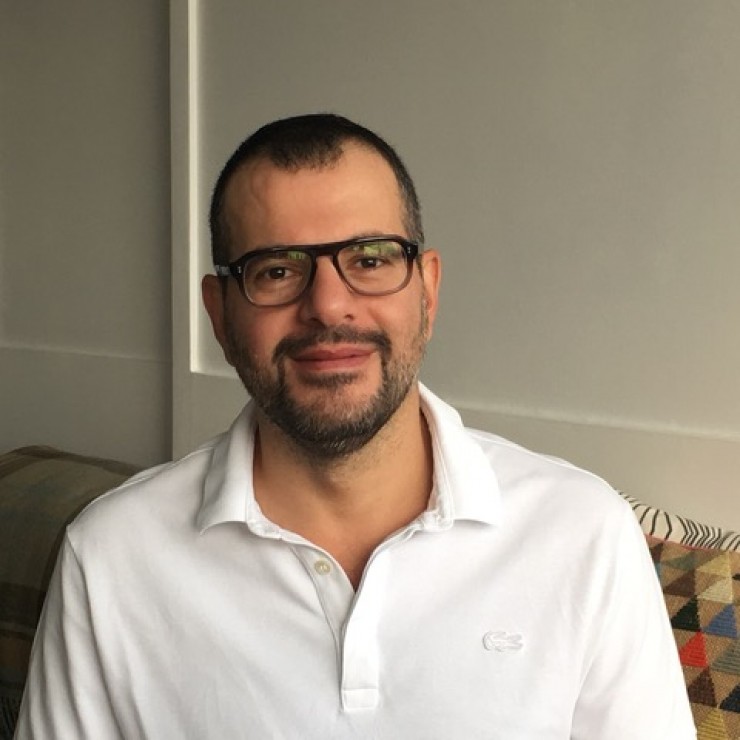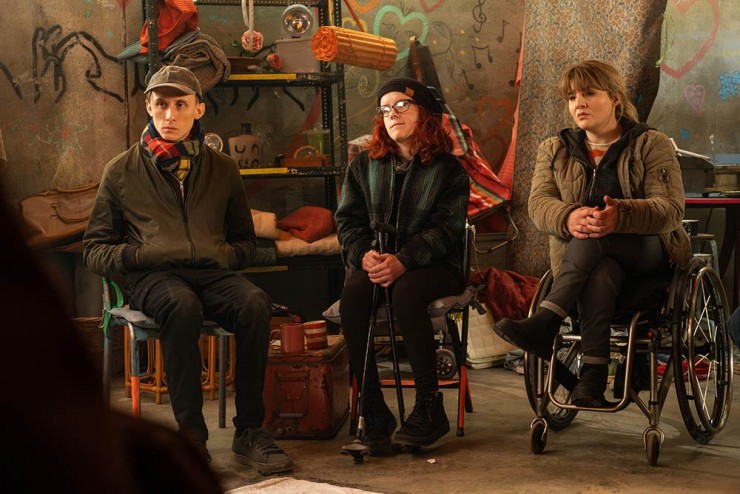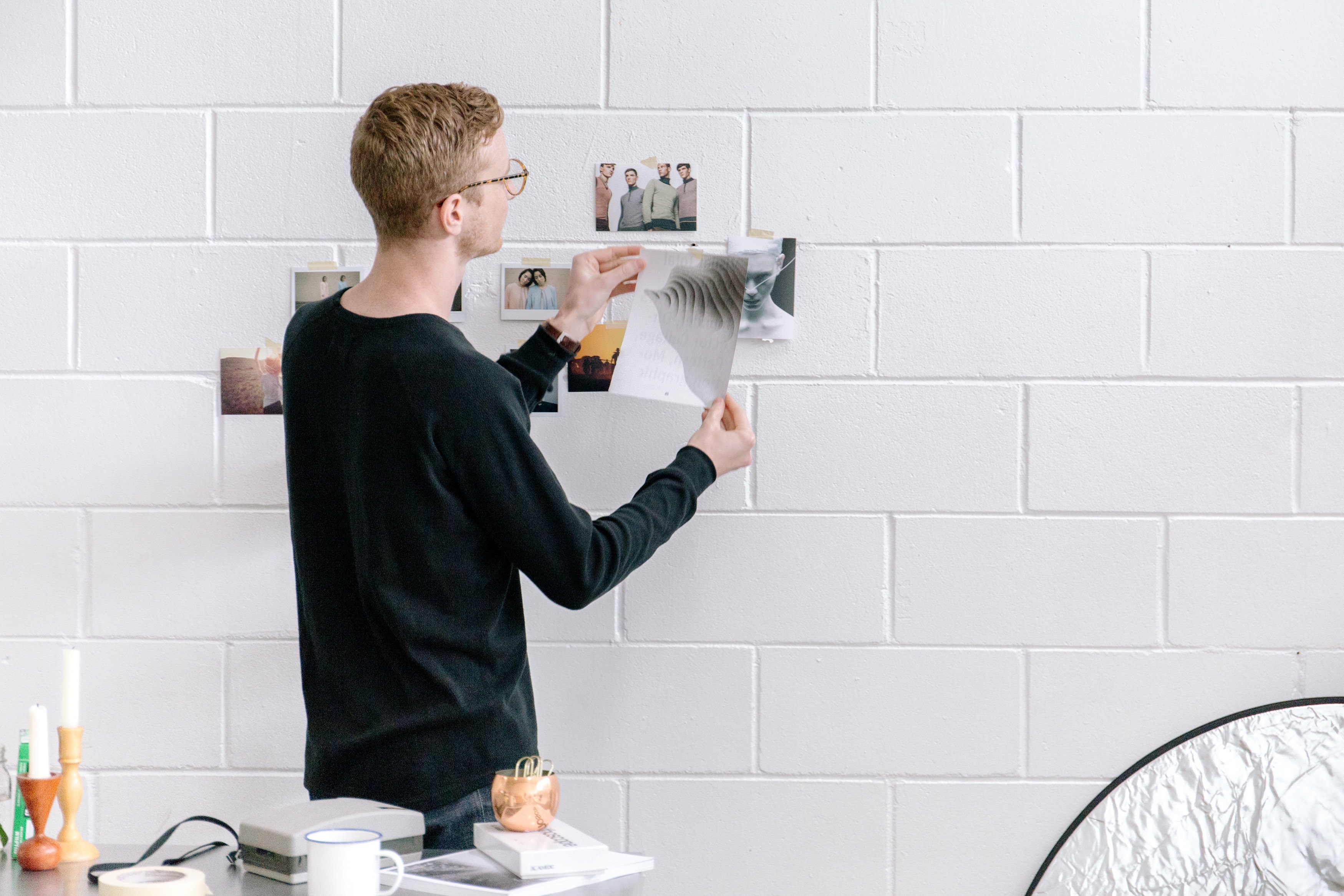A fund to support disabled freelancers, created by an industry levy, is among a string of calls to action issued today by Underlying Health Condition, the pressure group co-founded by writer Jack Thorne.
The group is calling for a levy of 0.1%, on top of the 0.5% that funds the High-End TV Skills Fund, that could unlock funds for disabled freelancers to access specialist equipment and support.
It argues that the established support group Access to Work is “not fit for purpose” due to funding cuts and red tape that makes it “unwieldy and deficient for the needs of the freelance community”.
A levy would, it suggests, demonstrate that the industry acknowledges it has a responsibility to fill the shortfall and ensure disabled talent get the support they need.
The measure is one of four recommendations made today in UHC's damning debut report, Everybody Forgot About the Toilets, which could find only one UK studio of facilities house had an accessible toilet.
Hammering home its point, the report states: “That means that at any one time, it is likely that only one wheelchair user working on a production, in the whole of the UK, would have access to the most basic of facilities.”
UHC founders Thorne, writer and actor Genevieve Barr, production manager Katie Player and producer Holly Lubran describe their report as a “blueprint for meaningful change”.
The group also wants:
- A line in every high-end TV budget – £5,000 for the costliest shows - for reasonable adjustments for access such as disabled toilets, accessible vehicles, visual fire alarms, quiet rooms on set and British Sign Language interpreters.
- Accessibility co-ordinators for every high-end TV production, akin to the intimacy co-ordinators now typically used
- A one-off fund that studios can access to add disabled toilets, quiet rooms, ramps, clear signage and accessible costume and make-up trailers. The group plans to establish an pan-industry steering group – including disabled creatives and freelancers alongside broadcasters, studios, facilities and industry bodies – to help deliver this.
Their report found no evidence that any UK studio or facilities house had a fully accessible unit base for people with disabilities.
Professing themselves shocked that only 33 of the 72 studios and facilities houses it approached responded to its anonymous survey, the group identified “woeful inadequacies” in accessibility for disabled professionals.
When asked if they could source an alternative accessible toilet, 62.5% responded either ‘no’ or ‘don’t know’.
Other notable findings:
- 90% do not have tactile buttons, signs or maps that could help blind or visually impaired people
- 79% have no hazard warning surfaces at the top of stairwells
- 68% did not know if any members of staff were responsible for liaising with disabled staff and freelancers on site
- 60% admitted signage is not in a logical position and easy to identify
- 59% said workshops, production offices and costume stores were fully accessible
- 50% did not know if they could make their fleet accessible if required
- 50% of those willing to make changes said they would need financial support
- 44% said site staff get any training around disability awareness of mental health
- 21% have induction loops and closed captioning – 20% of whom said these were in the toilets and showers
Read the full report here


